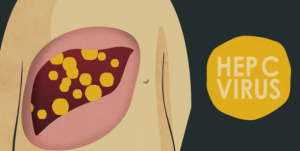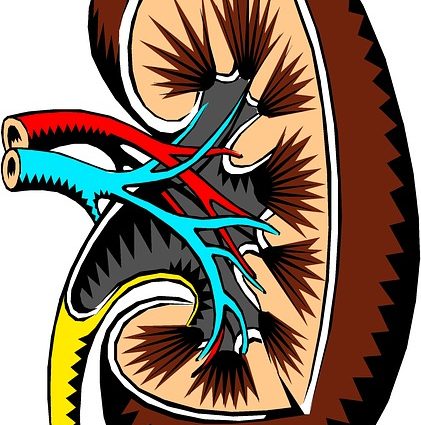Today, the U.S. Department of Health and Human Services and the U.S. Public Health Service (USPHS) published an updated solid organ transplant guideline to assess donors and monitor recipients for human immunodeficiency virus (HIV), hepatitis B virus, and hepatitis C virus infections. This guideline reflects advances in transplant technology and safety that can increase the number of organs available for transplants.

Currently, more than 110,000 patients in the United States are waiting for an organ transplant. “Under President Trump, HHS has made it a priority to expand access to lifesaving organ transplants,” said HHS Secretary Alex Azar. “Updating our transplant guidelines to match the latest science will complement the other efforts the Trump Administration is making to expand the supply of donated organs and incentivize transplants, allowing more Americans to live longer, healthier lives.”
“This guideline brings us one step closer to shortening the national transplant waiting list and saving more lives,” said Admiral Brett P. Giroir, M.D., assistant secretary for health. “It reflects the impressive advances in testing and treatment over the last seven years and provides actionable steps that will protect transplant patients from HIV and hepatitis B and C viruses.”
Previously, organs available for transplant may have been declined because of concerns about the potential for HIV, hepatitis B virus, or hepatitis C virus infection, particularly when donors had risk factors for infection such as injecting drugs. Advances in highly accurate testing have made it easier for healthcare providers to quickly determine whether a potential organ donor has an infection. As a result, the risk for getting these infections because of a transplant is very low.
In the extremely rare case that a patient develops one of these infections as the result of an organ transplant, by following this new guidance, healthcare providers will be able to detect an infection early and immediately begin treatment. A cure for hepatitis C is available, and safe and effective treatments for HIV and hepatitis B allow patients with these infections to remain well despite the infection. This guideline also recommends that organ transplant recipients receive hepatitis B vaccination.
“This is an important step forward for individuals in need of solid organ transplants,” said Centers for Disease Control and Prevention (CDC) Director Robert Redfield, M.D. “Today’s guideline is grounded in scientific evidence and advancements in testing technologies. These recommendations further expand the availability of life changing organs for those in need.”
The COVID-19 pandemic impacted clinical operations and resources at many hospitals, transplant centers, and organ procurement organizations across the nation. Experts in the organ donation and transplantation community have carefully evaluated the risk of COVID-19 among organ transplant candidates and potential organ donors. Although there was a decrease in the number of organ transplants being performed in the United States because of the COVID-19 pandemic, the number is beginning to increase.





